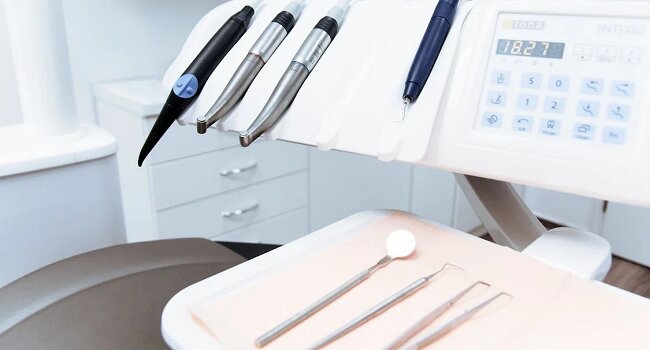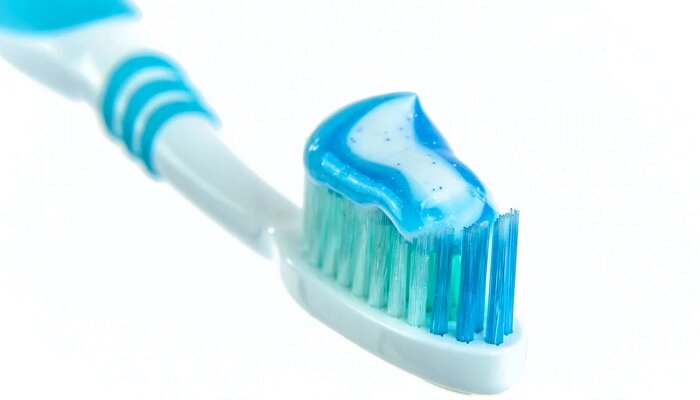Practice good oral hygiene to keep your teeth and gums healthy. Maintaining good dental health goes beyond protecting against gum disease and cavities. According to a study, a person’s general health and mouth health are related. With regular dental care, people can avoid these issues. These are several best practices for maintaining healthy gums and teeth.
Brush Your Teeth Regularly and Correctly
Most people know that brushing twice a day is the most important habit for removing plaque and bacteria and obtaining clean teeth. Nevertheless, brushing may only be effective if individuals use the proper technique. Brushing teeth should be performed in small, circular motions, ensuring full cleaning of the front, back, and top of every tooth. This procedure takes between three and two minutes to complete. Avoid using back-and-forth sawing motions.
Visit the Dentist Frequently
Regular dental checkups and cleanings with your dentist are crucial. Any teeth that could use fillings or are at risk will be spotted by your dentist, who will also keep an eye on them. Your hygienist will clean your teeth and provide you with advice on the best cleaning supplies for you to use at home. To that end, finding a dentist in Mosman can be very useful if you live there. With their dentist, patients may discuss how frequently they require checkups. The response may vary based on a person’s age, overall dental health, and medical background. Anyone who observes changes in their mouth, however, ought to see a dentist.
Skip the Snacks
Try to limit your daily eating to three main meals and a few little snacks. Snacking causes plaque acid levels in the mouth to rise, leaving tooth surfaces more prone to decay. It is not always the food we eat, but how frequently we eat it, that makes a difference. Every acid attack must be followed by a healing period for the teeth. Try a snack of cheese, popcorn, water, or milk if you’re feeling desperate.
Once Per Day, Floss
The interdental spaces between your teeth are difficult to keep clean with simple brushing. Cleaning these places calls for dental floss. Pick up a piece of floss that is about 17 inches long. Around your middle fingers, wrap each end. Guiding the floss between two teeth requires the use of your thumbs and forefingers. After tightly wrapping the floss in a C shape, clean one tooth with 10 or so down and up motions. On each tooth, repeat this procedure. You can also clean in between your teeth with dental picks and interproximal brushes if you have dexterity problems.
Add Mouthwash to Your Routine
You might believe that brushing and flossing twice a day is sufficient. However, following up with an antimicrobial mouthwash will destroy more dental bacteria and aid in the fight against plaque. Swish your mouth aggressively for 30 seconds twice daily, after brushing and flossing. Patients may choose to speak with their dentist to identify which mouthwash is suitable for their particular requirements. Mouthwash can enhance these routines, but it cannot take the place of brushing and flossing.
Stop Smoking
Avoid tobacco products and smoking. Smoking is the most significant risk factor for gum disease and oral cancer. It is advised to absolutely avoid these things. Ask your healthcare practitioner about available treatments if you smoke and you want to stop. Smoking affects the appearance of the mouth by turning the teeth and tongue yellow and can produce unpleasant breath. Smoking impairs the body’s immune system, making it harder for tissues throughout the body to heal, including those in the mouth.
Limit Sugar and Starch
Sugar consumption can cause cavities. Studies have highlighted how fundamental a role sugar plays in poor dental health outcomes. Familiar offenders include candy and pastries, but many processed foods also contain added sugar. Experts claim that foods high in starch, such as crackers, bread, chips, and pasta, may promote dental decay. These meals, according to the ADA, are consumed by acid-producing bacteria because they remain in the mouth for a long time and break down into simple sugars. This acid may cause tooth decay.

The maintenance of healthy teeth and gums can be aided by regular oral hygiene from childhood through maturity. By brushing and flossing their teeth frequently, giving up smoking, maintaining a healthy diet, and getting regular dental checkups, people can avoid cavities, gum disease, and other dental issues. It might also be good for their general health. And of course, the first step is to establish a routine. Hopefully, this article helps you better understand the benefits of oral health.



















